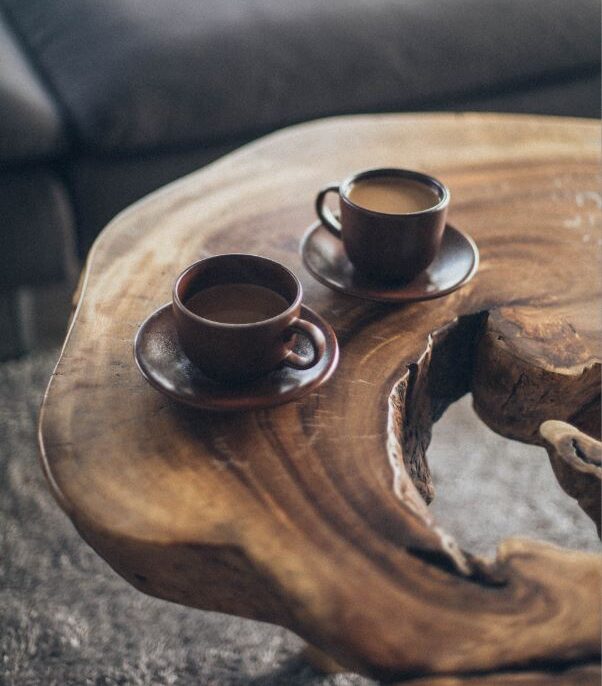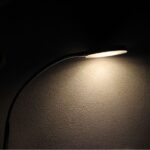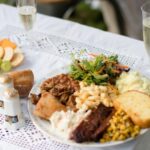Did Beethoven drink coffee? What is Viennese-style coffee house? How and when all this coffee madness started? Continue reading this article and find out!
History of Viennese coffee house culture
Although Vienna was not the first city in Europe to have a coffee house, yet Viennese coffee culture was outstanding and very influential. North-Africa and the Middle-East already had developed coffee drinking habit before Europe got hooked. Even from the 12th century we know about such houses in Mecca.
The first historically documented coffee house in Europe opened it Venice in the 1640s, London followed in 1650s, then Vienna in the 1680s.
According to legend the first person to obtain licence to serve coffee was Georg Franz Kolschitzky (1640-1694) who was a brave Polish officer in the battle against the Turks at the Battle of Vienna, 1683. He experimented with adding some milk and sugar…and guess what happened!
Today a street is named after him in Vienna and even a statue was erected in his honor.
Some say, however, it was not Kolschitzky, but the Armenian spy Diodato, who opened the first coffee house in Vienna. The dispute will never be solved.
What makes the Viennese coffee house (das Wiener Kaffeehaus) special, what makes it Viennese-style? For once the environment. Card games, pool tables, newspapers were popular items in these houses. Rooms were large, seats were covered in velvet, chandeliers hung from the ceilings. Tabletops were made of marble. Guests felt encouraged to stay longer, read newspapers or books, write, chat with friends or play cards.
They offered a variety of coffees, pastry, and cakes. Each cup of coffee was served with a glass of water and after some time even hot meals and alcohol were on the menu. During the Napoleonic wars the Continental Blockade of England drove up the coffee price all over Europe. Viennese coffee house owners had to adopt and develop into café restaurants.
Since 2011 Viennese Coffee House Culture is listed by UNESCO as Intangible Cultural Heritage in the Austrian inventory.
Beethoven and his cup of coffee
We do not have any written evidence on how Beethoven liked his coffee: long or short, black or with some milk, plain or with sugar. But we do know that he was familiar with coffee culture from childhood and we have (mostly) circumstantial evidence that he drank coffee.
From childhood little Ludwig was exposed to music and party life. Johann van Beethoven was not a good husband, even worse as a father, but he was a man who liked hospitality and throwing a party. On such occasions music was evident, keyboard, folk music, dances or hunting songs accompanied the food and drinks. Drinks in Bonn in those days meant wine, punch and of course coffee!
How old was Beethoven when he first had his cup of coffee? We do not know. Earliest written evidence about his connection to the beans comes from his journal he made during his first Vienna visit, December 1792. Right after arriving to the city he prepared a shopping list. Items and costs on the list are “wig-maker, coffee, overcoat, boots, shoes, pianoforte-desk, seal, writing-desk, pianoforte-money.”
In Beethoven’s time Vienna still had a rigid class-based society each having their own brothels, restaurants and coffee houses (cafés). Beethoven, as a commoner and darling to aristocrats, had access to all kinds. Housing was not the brightest feature of contemporary Vienna thus locals spent leisure time in coffee houses.
Coffee appears again a bit later in his diary as soon as he started his lessons with Haydn: “22x, chocolate for Haidn and me . . . Coffee, 6x for Haidn and me.” It had to be something extraordinary for this young man to have regular coffees with Haydn, the biggest musical star of contemporary Vienna and of Europe…
Coffee, it seems, was also the means of bribery. Beethoven writes in his angry letter to Nannette Streicher, that Karl’s mother (Karl was Beethoven’s nephew over whom he had legal custody) bribed the servants with sugar, coffee and cash, in order to have access to Karl (something the composer had forbidden).
At the end of his life, because of his serious illness, Dr. Braunhofer ordered him a special diet. He was ordered to drink warm milk two or three times a day and avoid wine and coffee that augments and exaggerates the activity of the nerves.
The internet is full with the story of Beethoven and his sixty coffee beans. According to this legend he counted exactly sixty beans, sometimes even double checking them, before making his own cup of coffee, something he liked orient style. Although this story sounds like something he would do, there is no credible evidence for this anecdote.
Now, it is time for a cup of cappuccino…enjoy!






